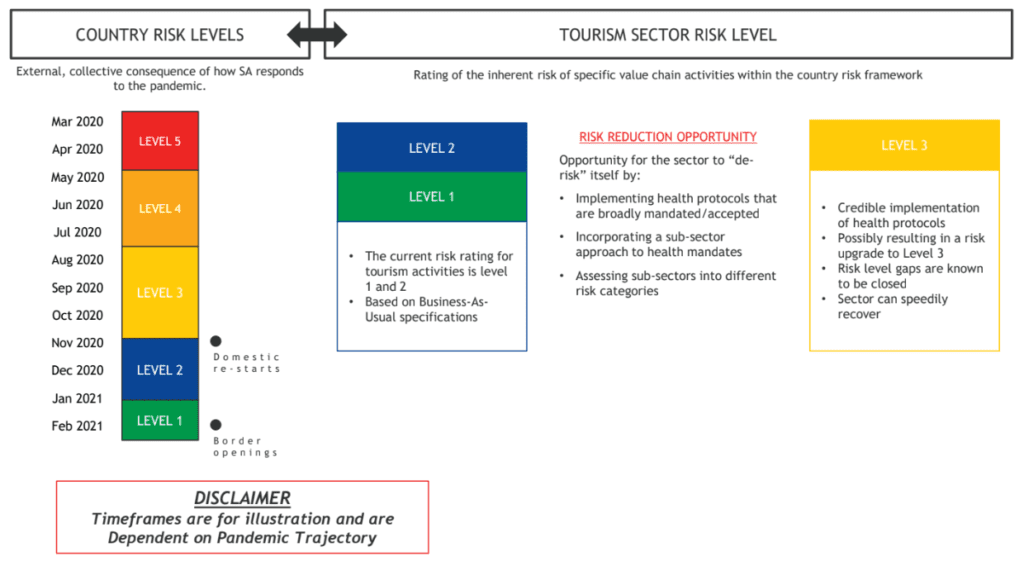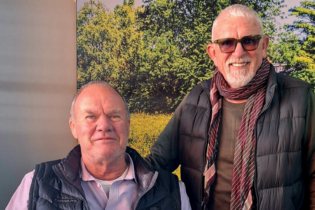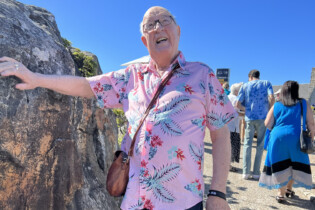On 11 May 2020, Sisa Ntshona, the CEO of South African Tourism (SA Tourism), hosted Tshifhiwa Tshivhengwa, CEO of the Tourism Business Council of South Africa (TBCSA), in a webinar on the recovery of the tourism sector
Currently, the South African government has categorized travel and tourism as high-risk activities that can only be resumed in levels 1 and 2 of lockdown. The projections for when these levels might be achieved is November 2020 (risk level 2) and January 2021 (risk level 1) – bearing in mind that different provinces may go to a lower level sooner or later, depending on the status of the COVID-19 outbreak in their locale.
SA Tourism and TBCSA note that this risk assessment is based on “business-as-usual” specifications, and they believe there is an opportunity for the sector to “de-risk” itself.
However, SA Tourism and TBCSA note that this risk assessment is based on “business-as-usual” specifications, and they believe there is an opportunity for the sector to “de-risk” itself by:
- Implementing accepted health protocols
- Incorporating a sub-sector approach to health mandates
- Assessing sub-sectors into different risk categories
With the above in place, travel and tourism could be moved to risk level 3, which current speculation sees as starting around July or August of this year.

The wide variety of businesses that comprise the tourism value chain was also highlighted, and that many carry different risks and should possibly be assigned to different risk levels. As one webinar attendee highlighted, even within the accommodation sector, a hotel and a self-catering lodge have very different risk profiles. Equally, Germany has distinguished exhibitions from other forms of public gatherings, given that they are better able to manage the risk of transmissions, and is allowing them to resume (subject to approval). (Read more about this here.)
To access the presentation that was shared during the webinar, click HERE.
It was also outlined that hyperlocal tourism is expected to be the first type of travel that people will embark on – such as day trips to outdoor settings. The focus will be less on generating income, and rather ensuring that people feel safe and are encouraged to travel more, and further.
Following this, domestic tourism is expected to increase to include domestic flights and overnight stays. Next, regional tourism will open up next (subject to borders being opened), followed lastly by international tourism.
At the end of the session, TBCSA encouraged everyone who operates in this space to complete a survey in order to share their recommendations on how the industry can de-risk itself and safely speed up the recovery process. The survey can be found HERE. Please note that it needs to be completed by Thursday, 14 May 2020.







